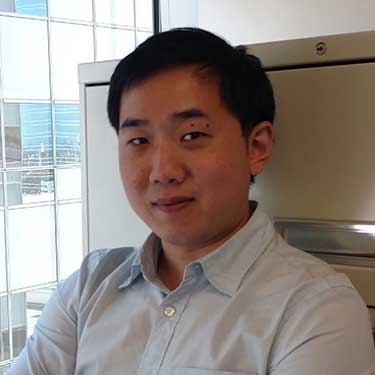What do you currently do for work?
I’m currently a research policy analyst at Mathematica Policy Research in Oakland, CA. The goal of my current job is to use data, health policy analysis, and health economics techniques to study the quality, design and access to healthcare across the country. Before joining Mathematica, I was a strategic project analyst in the Primary Care Information Project at the NYC Department of Health and Mental Hygiene.
What was your interest before joining the HPE program?
I was always interested in the intersection between policy and medicine in the US healthcare system. I wanted to find a career that aligned with my interests. The need for a higher degree became evident when I started working at the NYC Department of Health. Working there, I quickly realized I needed skills in quantitative analysis, managing large datasets and statistical packages.
How did you choose the HPE program?
I considered both the HPE program and the traditional master’s in public health. I chose HPE because I saw a great demand for technical skills on how to analyze data in order to make health policy decisions. Therefore, this program served both purposes: the skills I wanted and the demands of the healthcare field. I also valued the experience of the faculty and the small class size. Some programs are huge, but I wanted the opportunity to build closer relationships with faculty and a personalized education.
Were there any major differences between what you expected of the program and what you found?
There were two big differences. First, I didn’t anticipate the great diversity of course topics available. I was able to take plenty of classes that gave me a grasp of the breadth of the healthcare field while also learning rigorous analytic methods.
Secondly, my classmates’ backgrounds were really diverse. Some were physicians looking for research skills to analyze their data, others were graduate researchers who wanted to continue into doctoral studies. Some were right out of undergrad, and some, like me, were working professionals in the healthcare realm. Everyone brought their own background and experience to the program and that benefited all of us.
What skills did you learn in the HPE program that have been most valuable to you?
The quantitative skills and the knowledge of the implications of healthcare policy were critical in preparing me for my new position. Currently, I work with physicians who need to anticipate the future of healthcare. A lot of what I am able to do for them comes from what I learned in the HPE program. Additionally, I am familiar with SAS, Stata, and R, three of the biggest software programs used in the healthcare industry. I think that the program is worth all the money I paid. Lastly, I built valuable relationships with the faculty and with classmates from diverse backgrounds who enriched my professional network.


